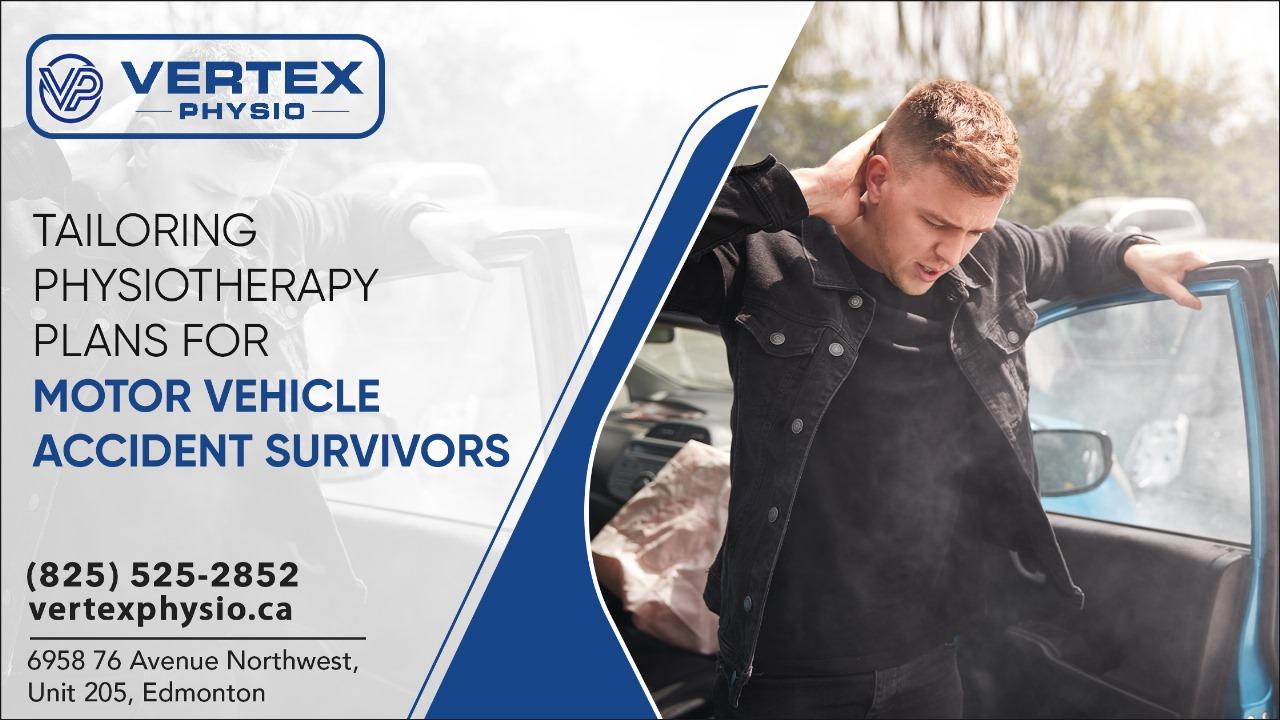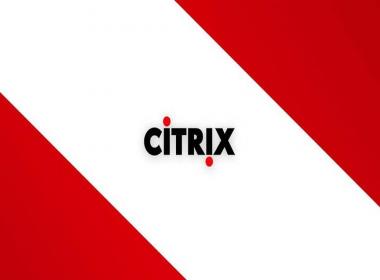
Motor vehicle accidents can result in a broad range of injuries that vary in severity. The impact often extends beyond the immediate physical trauma and encompasses emotional and psychological dimensions as well. Therefore, survivors of such accidents require specialized care and treatment. This is where Motor Vehicle Accident Physiotherapy comes into play, offering targeted treatment protocols to ensure a comprehensive rehabilitation process. In this post, we will delve into how Vertex Physiotherapy Edmonton tailors physiotherapy plans for motor vehicle accident survivors, placing particular focus on concussion physiotherapy.
Conditions Caused by Motor Vehicle Accidents
Motor vehicle accidents can result in a myriad of physical conditions ranging from whiplash and concussions to fractures and spinal injuries. Whiplash often involves neck strain and can lead to chronic pain if left untreated, while concussions may cause cognitive impairments. Fractures and dislocations often require surgical intervention, and spinal injuries can have severe, lasting effects on mobility and quality of life. Soft tissue injuries like strains and sprains, although less severe, can still impair day-to-day activities. Physiotherapy plays is crucial in the treatment and rehabilitation of these conditions.
The Importance of Early Intervention
Immediate intervention post-accident can make a significant difference in the speed and effectiveness of the recovery process. Early assessments can identify issues that may not have yet surfaced, thereby preventing long-term complications. Motor vehicle accident Physiotherapy Edmonton emphasizes the need for early initiation of physiotherapy post-accident to set the foundation for a smoother and faster recovery. Early intervention could also reduce the risk of developing chronic pain conditions or other complications related to the injuries sustained.
Assessing the Full Spectrum of Injuries
After a motor vehicle accident, a multidimensional assessment is crucial for determining the best course of action for each patient. This involves a detailed history, physical exams, and, if necessary, imaging studies. Areas of concern could range from whiplash and musculoskeletal injuries to more serious conditions like concussions.
Concussion Physiotherapy: A Critical Component
Concussions are one of the most common yet often overlooked outcomes of motor vehicle accidents. Left untreated, they can result in lingering symptoms such as headaches, dizziness, and cognitive impairment. Concussion Physiotherapy aims to identify the underlying issues contributing to these symptoms and employs targeted exercises and strategies to aid recovery.
Customizing the Treatment Plan
Once the assessment is complete, a tailored treatment plan is devised. Customization is crucial because no two motor vehicle accidents are alike, and neither are the resultant injuries. This often means combining several modalities of treatment, from manual therapy and exercise to more specialized therapies like Concussion and Vestibular Physiotherapy.
For instance, whiplash treatment may incorporate neck and shoulder exercises along with heat therapy, and spinal injuries often require targeted core exercises. Motor Vehicle Accident Physiotherapy Edmonton offers comprehensive care that extends beyond immediate relief, focusing on long-term recovery and the restoration of pre-accident quality of life.
Pain Management Strategies
Another important component of a tailored treatment plan is pain management. Following a motor vehicle accident, patients often struggle with both acute and chronic pain. A range of modalities, from medication to alternative therapies like acupuncture, could be integrated into the plan. The objective is always to manage pain effectively while minimizing the use of opioids or other potentially addictive substances.
Psycho-social Support and Education
Education and psychological support are also essential facets of a complete treatment plan. Survivors need to understand their injuries and treatment plans fully to participate actively in their recovery. Counseling may also be beneficial to manage any stress, anxiety, or PTSD symptoms that could arise from the trauma of the accident.
Rehabilitation Exercises and Home Care
Beyond the in-clinic treatments and interventions, patients will often be equipped with a series of exercises to be performed at home. These exercises aim to improve mobility, strength, and overall functionality. Home care might also include strategies for better sleep, nutrition advice, and stress management techniques, all intended to accelerate the healing process.
Special Considerations for Chronic Issues
Some accident survivors may suffer from long-term or chronic conditions. This calls for a more detailed, long-haul approach that may include lifestyle adjustments, medication management, and ongoing physiotherapy. Again, the key is customization based on individual needs and the specifics of the injuries sustained.
Follow-Up and Reassessment
Consistent follow-ups and reassessments are imperative to ensure the effectiveness of the treatment plan and to make necessary adjustments. This cycle of assessment, treatment, and reevaluation ensures that the patient is on the most effective path to recovery.
Your Personalized Pathway to Recovery Awaits
Motor Vehicle Accident Physiotherapy is not a one-size-fits-all solution. It requires thoughtful assessment, customization, and ongoing evaluation to be effective. If you have met with a motor vehicle accident and are seeking a comprehensive, personalized rehabilitation plan, consider Vertex Physiotherapy. Our team of experts in Edmonton specializes in a variety of treatments, including Concussion Physiotherapy, to ensure that you receive effective care tailored to your unique needs. Contact Vertex Physiotherapy today to schedule your initial consultation. Your road to recovery begins with a plan that’s crafted just for you.
Also read about:
List of the most popular coffee tables for your home
The Best Furniture Sales In Dubai
Best Business Contract Lawyer in US








